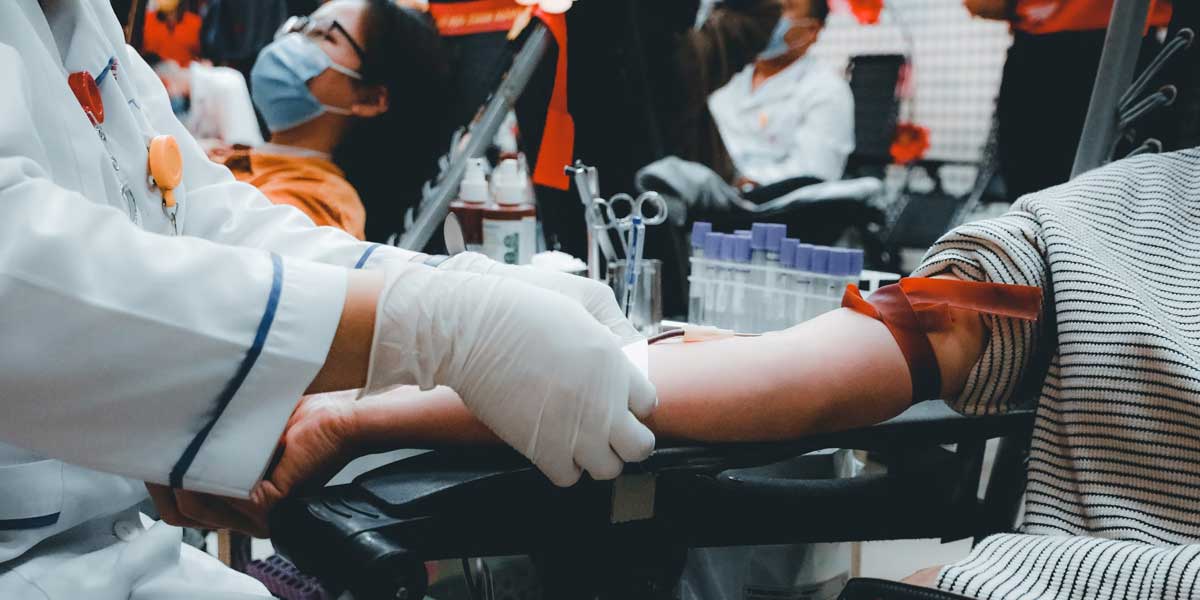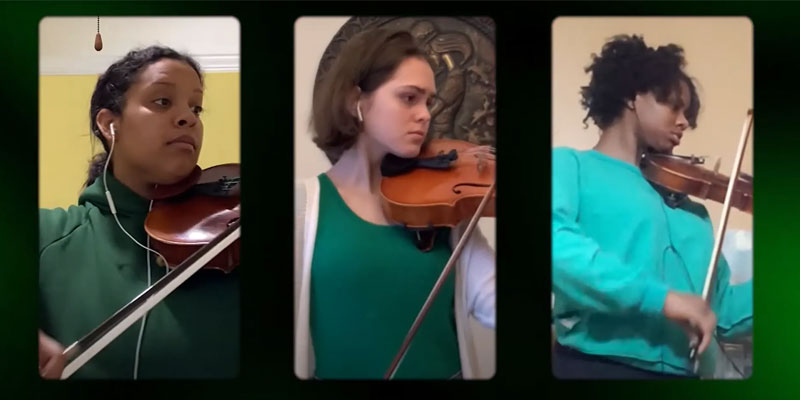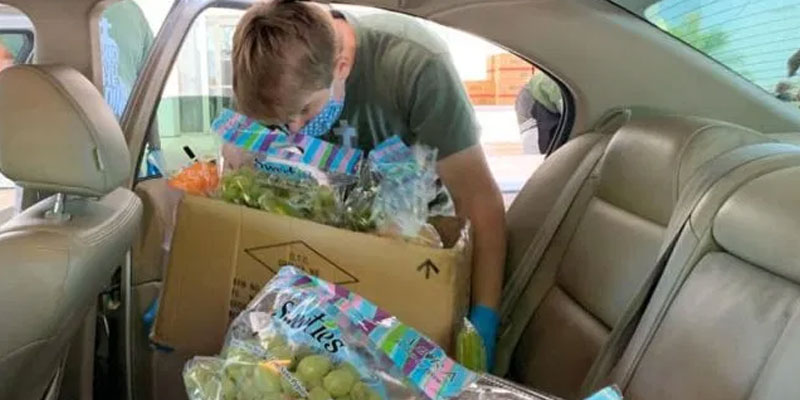An ongoing blood-supply shortage in Alabama, fueled by the pandemic, has gone from bad to dire, spurring hospital leaders and blood donation organizations to implore Alabamians to donate.
“I’m not sure we’ve been in this territory before,” Dr. Don Williamson, former state health officer, now president/CEO of the Alabama Hospital Association, told Alabama NewsCenter. “I don’t think there is a hospital in the state that is not dealing with this situation.”
“As Omicron continues to spread, it has wreaked havoc on blood drives statewide, with many being canceled due to schools and businesses going virtual,” said Rosemary Blackmon, executive vice president and chief operating officer of the hospital association. “Our hospital leaders are very concerned about having adequate blood for surgical, trauma and other patients.”
Officials with LifeSouth, the nonprofit that supplies blood to the vast majority of Alabama hospitals, reported Tuesday that it has no Type O-negative blood available and only a three-day supply of other blood types.
Sharon Hammock, LifeSouth district director for south Alabama, said the shortage of O-negative is distressing because it’s the “universal” blood type that can be transfused to anyone, regardless of their blood type. That makes O-negative particularly valuable for emergency and trauma cases. “It is just so important to have it available,” she said.
She said in normal times, the organization tries to maintain a five- to seven-day supply of all types of blood, but it has been “probably six months” since that’s been possible.
She said the very low blood supply means there may be some days during the week when LifeSouth can’t supply all the blood hospitals need. That can result in postponement of procedures that require blood transfusions, such as open-heart surgeries and treatments for sickle cell anemia and cancers.
Williamson said the shortage puts hospitals dangerously close to not having enough blood to handle a major traumatic event or disaster – such as a multicar pileup with numerous injuries, or a multiple shooting.
“There simply isn’t room for error,” Williamson said. “In a real crisis, we could find ourselves in a situation that can have life-threatening implications.
“This is a much more dangerous situation than we’ve seen before,” Williamson added.
Hospital executives from all points of the state have put their pleas for blood donations in a video, which the hospital association is distributing via social media and other channels.
In the video, Laura Grill, president and CEO of East Alabama Health in Opelika, said the blood shortage “is critical. It’s unlike anything we’ve seen in years.”
“Right now, we simply don’t have enough,” said Jeff Brannon, CEO of Flowers Hospital in Dothan. He said the blood shortage has the greatest impact on the “sickest and most vulnerable patients.”
Dr. Selwyn Vickers, CEO of UAB Health System in Birmingham, urged those who can donate blood to please do so.
“It’s one of the most meaningful ways you can give back to Alabama’s health care system after a long and difficult two years,” Vickers said.
In addition to LifeSouth, the American Red Cross has multiple locations across the state to donate blood. Click here to make an appointment through LifeSouth. Appointments are preferred, although the organization does accept walk-up donors. Click here to find a Red Cross blood drive.
(Courtesy of Alabama NewsCenter)













